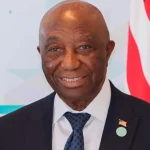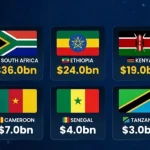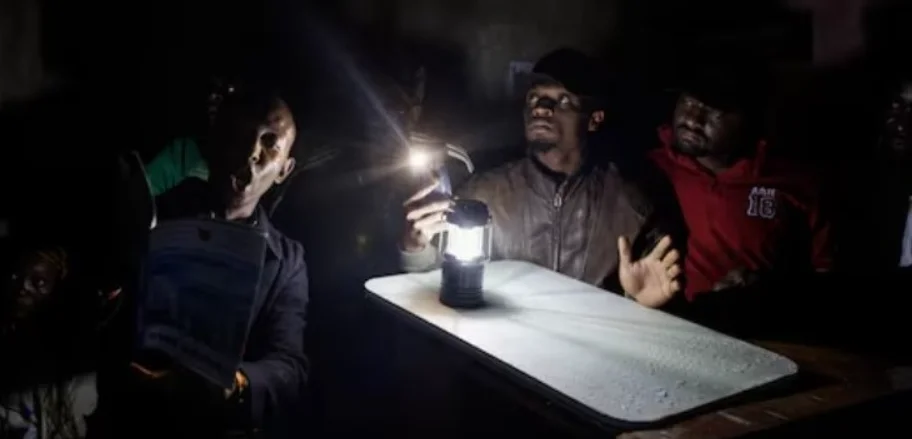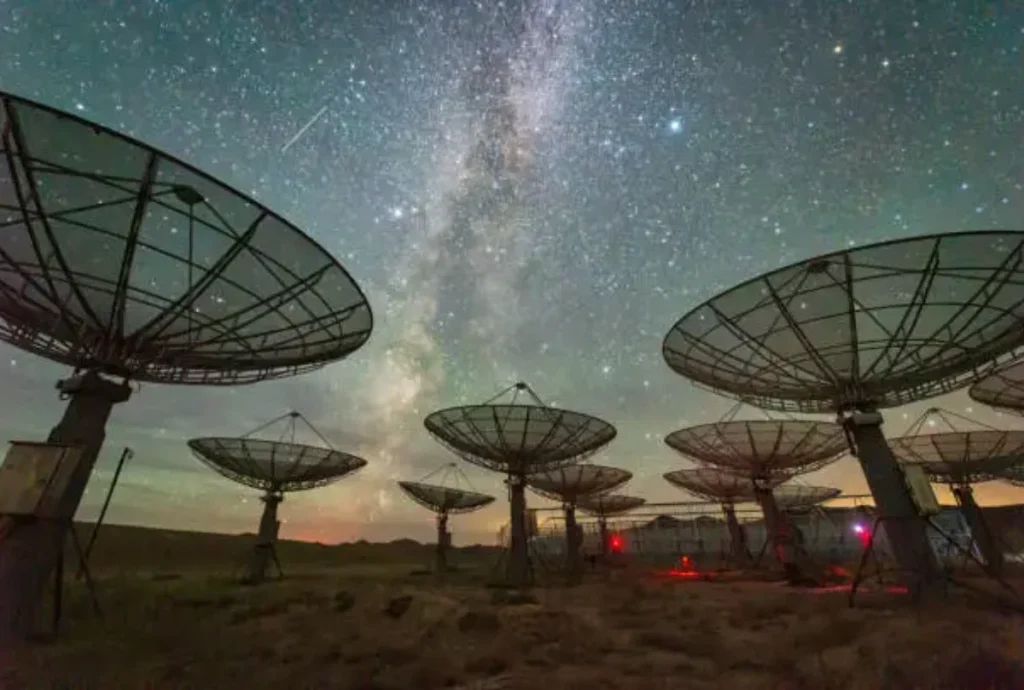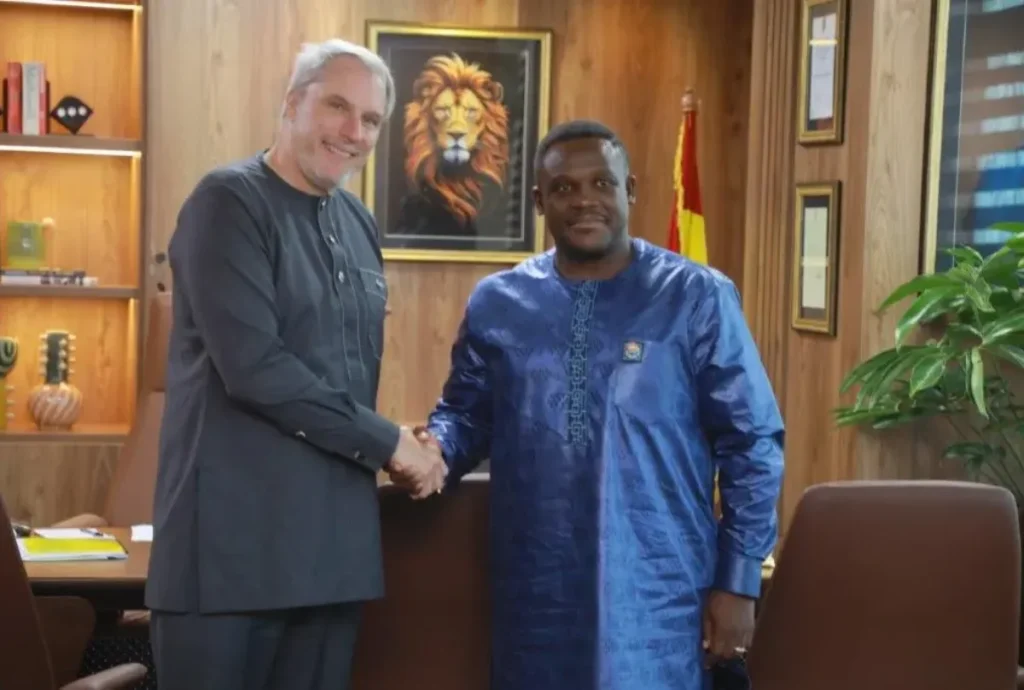Cameroon has plunged into an internet blackout amid ongoing protests following the re-election of President Paul Biya, Africa’s oldest and longest-serving head of state.
According to reports from local outlets, Douala, the nation’s economic capital, came to a standstill on Monday as protesters filled the streets to denounce the results of the October 12 presidential election. Businesses, traders, and transport operators were forced to suspend activities as clashes intensified between protesters and security forces.
Nationwide Unrest and Internet Disruption
The latest blackout marks Cameroon’s second major internet shutdown in two weeks. The country previously experienced connectivity disruptions on October 23, shortly after reports emerged suggesting that President Biya had taken an early lead in the vote count.
The Cameroon Constitutional Council later confirmed Biya’s victory on October 27, officially declaring him winner for an eighth term. The 92-year-old leader, who has ruled since 1982, remains one of the world’s oldest heads of state and Africa’s most enduring political figures.
The move has sparked widespread anger among opposition supporters and civil society groups, who accuse the government of electoral manipulation and suppression of dissent.
Internet Shutdowns as a Political Tool
The internet blackout in Cameroon follows a pattern seen across parts of Africa, where governments have increasingly used connectivity restrictions to curb unrest during or after disputed elections.
A similar incident occurred recently in Tanzania, where authorities imposed network restrictions amid protests following a controversial vote. President Samia Suluhu Hassan secured 98% of the vote in an election boycotted by the opposition party, Chadema, after it was barred from participating.
In both cases, internet shutdowns have been viewed as tools for limiting public communication, controlling information, and suppressing civic expression during politically tense periods.
Human Rights Groups Condemn Internet Shutdowns
Amnesty International and other human rights organizations have strongly condemned such actions, warning that they violate international human rights law.
In a statement responding to Tanzania’s case, Amnesty reiterated that access to the internet is a fundamental human right, and any government-imposed shutdown constitutes a violation of freedom of expression.
“Internet shutdowns are often used to conceal abuses and silence dissent,” the organization said. “They deny citizens access to information and disrupt economic and social life, particularly during times when transparency is most needed.”
The watchdog has called on African governments, including Cameroon, to restore access immediately and respect digital rights as enshrined in international conventions.
Wider Implications for Africa’s Digital Freedom
Analysts warn that Cameroon’s ongoing internet blackout underscores a growing trend of digital repression in Africa, particularly during elections and public demonstrations.
Frequent shutdowns not only restrict political participation but also have severe economic costs, disrupting banking, communication, and e-commerce across affected regions.
As protests continue in Cameroon, observers are calling for international pressure and regional dialogue to ensure accountability and protect citizens’ rights to free expression and access to information.


